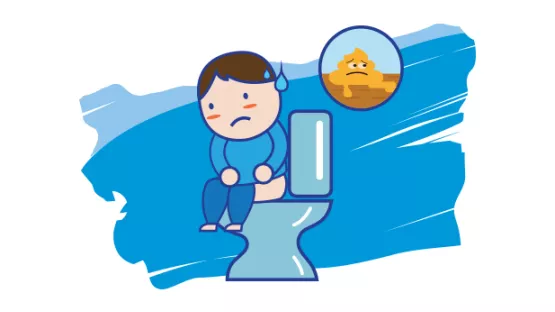
Diarrhoea: signs, causes and remedies
On average, babies suffer from diarrhoea 2 to 3 times each year

Persistent diarrhoea
Lasting more than 14 days
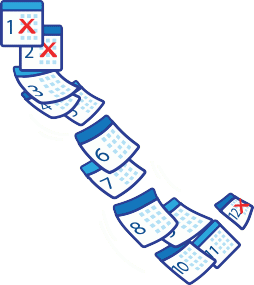
Acute diarrhoea
Lasting more than 7 days
Symptoms of diarrhoea
Diarrhoea can occur suddenly and should be dealt with in a timely manner, especially if it occurs in infants or very young children. It is wise to consider that your child might be suffering from diarrhoea, and take appropriate care to resolve the condition if your child exhibits these signs:
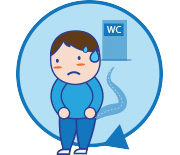
Bowel movements 10 to 15 times a day
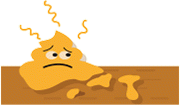
Liquid, watery or mucous stools
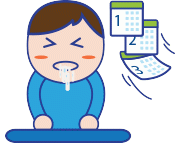
Vomiting lasting 1 to 3 days
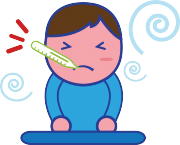
Fever, red lips, laboured and deep breathing
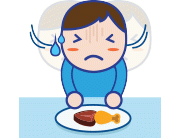
Loss of appetite
Why diarrhoea develops in children
As infants and very young children are more vulnerable, they are also more susceptible to diarrhoea. A child’s immune system takes a few years to build up resistance to infections, so diarrhoea commonly occurs. Here are some other reasons for the occurrence of diarrhoea in your child:
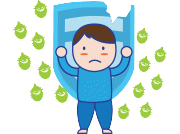
Compromised immunity

Failure to wash hands, or practice food hygiene
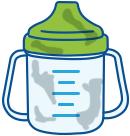
Unhygienic or improper feeding preparation
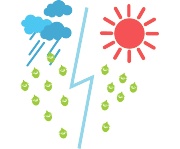
Seasonal diarrhoea

Deficiencies of some micronutrients
Remedies of diarrhoea
A mild case of diarrhoea in your child is no cause for worry if he is acting normally, as well as eating and drinking enough. Most cases resolve themselves in a few days, with the primary concern during this time to keep your child hydrated. This ensures that he is taking sufficient liquids to replace lost bodily liquids.
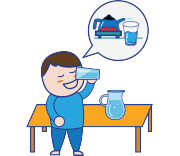
Drink plenty of cooled boiled water
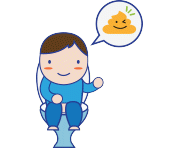
Rehydrate till solid stools are seen and bowel
movements are fewer than 3 times a day
Advanced reading: when to seek help for diarrhoea
If your baby is below six months old, or has persistent diarrhoea that lasts for a prolonged period, it is safer to seek medical attention to ensure that the situation is properly managed. Avoid continuing home remedies if they don’t seem to be working, or if your child’s condition worsens. If your child exhibits any of the below symptoms, please bring him to a doctor as soon as possible:
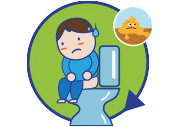
Repeated bowel movements with loose stools

Blood in stool

Fever, exhaustion, sunken or dry eyes
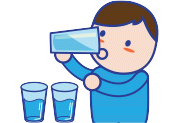
Extreme thirst
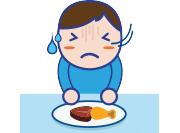
Reduced appetite or refusal to eat
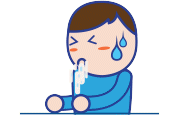
Recurrent vomiting
Advanced reading: prolonged diarrhoea and death
Infants and very young children from birth to two years are the most susceptible to diarrhoea. Despite how commonly it occurs in children, it can still be fatal. 80% of deaths due to diarrhoea occur within the first two years of life in severe or prolonged cases. As such, great care should be taken to prevent dehydration and the loss of electrolytes if diarrhoea occurs in your child, and seek medical help if his condition doesn’t seem to be improving.
